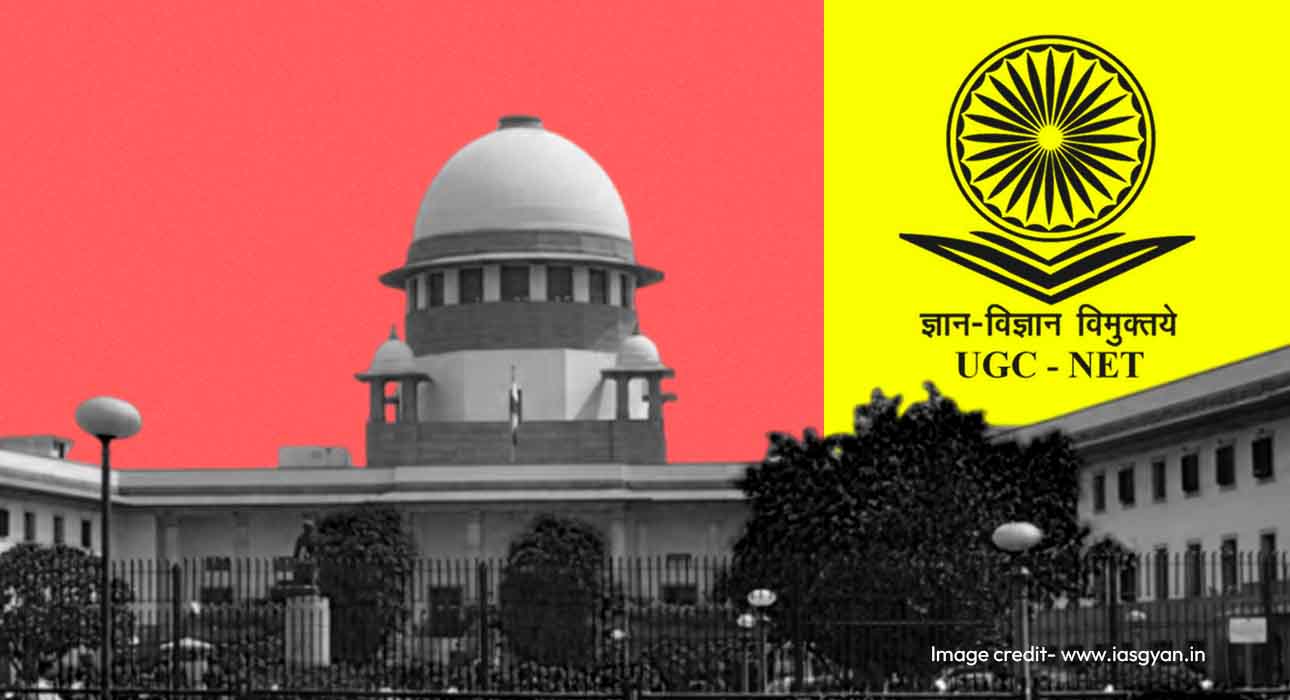After the Supreme Court’s verdict in the case of an NEET aspirant from Andhra Pradesh who died by Suicide. The Educational institutes were directed by the University Grants Commission (UGC) to hire qualified mental health professionals. These include counsellors and psychologists who are well-trained in terms of qualification, as well as having hands-on experience in the field.
Also, institutes were directed not to use academic performance as a medium to segregate students. Though it’s done to provide targeted instruction, it impacts all students. On one hand, it leaves students with isolation and labels affecting their self-esteem, self-confidence, and motivation. On the other hand, students performing well face the intense pressure of expectations and maintaining their status.
Read More: The Hidden Cost of Academic Competition: How Scores and Rankings Affect Student Mental Health
Supporting Students’ Mental Health
Colleges, Coaching Institutes, and other Higher Educational Institutions (HEIs) are directed to ensure the mental well-being of students and help them set realistic goals as a precaution against academic stress. These preventive measures are focused more on areas where a large number of people need to take coaching, such as Hyderabad.
Thus, monitoring and accountability structures are focused on students’ mental health. For this, academic planning and continuous psychological support are being demanded from all institutions as per the order given by the Supreme Court. The aim is to establish a safe space for students to grow, learn, and develop.
Framework and Guidelines
There are certain guidelines issued for the institutions to follow. These include safety devices such as tamper-proof ceiling fans to be installed and restrict access to rooftop, balconies, & other high-risk areas. This is especially to prevent deaths by suicide. Another pointer given is that at least one counsellor or psychologist should be a part of an educational institution to provide mental health support for students.
Implementation
To prioritise mental health, UGC has requested all educational bodies to work on the guidelines immediately and inform their affiliated institutions about the same. This order of the Supreme Court is being asked to be strictly complied with by both private and government institutions. Also, this work would be simultaneously going on along with the National Task Force on Mental Health concerns of students, which was made clear by UGC to avoid any further confusion.
Read More: Academic Pressure on Higher Studies and Its Impact on Students’ Mental Health
Ground-Level Issues
With the structure, guidelines, and framework coming into play, it was pointed out that many such measures have been released previously but remained mainly on paper. Santosh Kumar, President of Telangana Schools Technical Colleges Employees Association, shared that the experience at Immediate colleges is worse than that at coaching institutions.
As they have a teacher-student ratio as high as 1:100, where faculty do not even know the name of students, let alone the problems or concerns they are facing. It has been a constant reality of many educational institutions. Therefore, it was highlighted that psychological support is still missing in many colleges, from the availability of counsellors to access to services.
